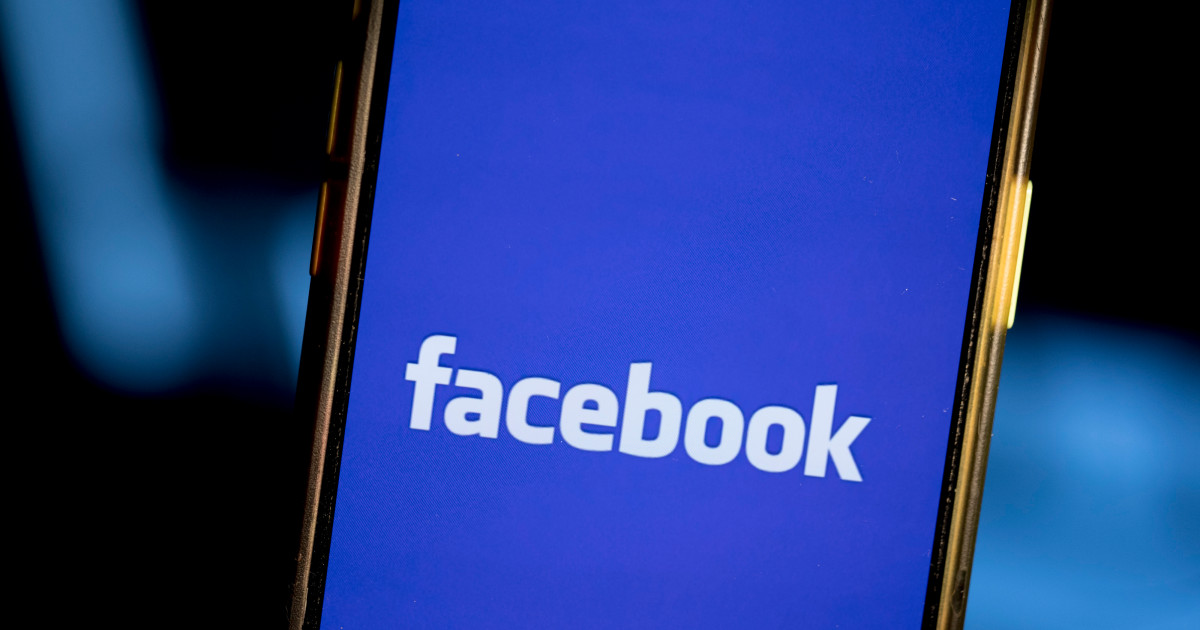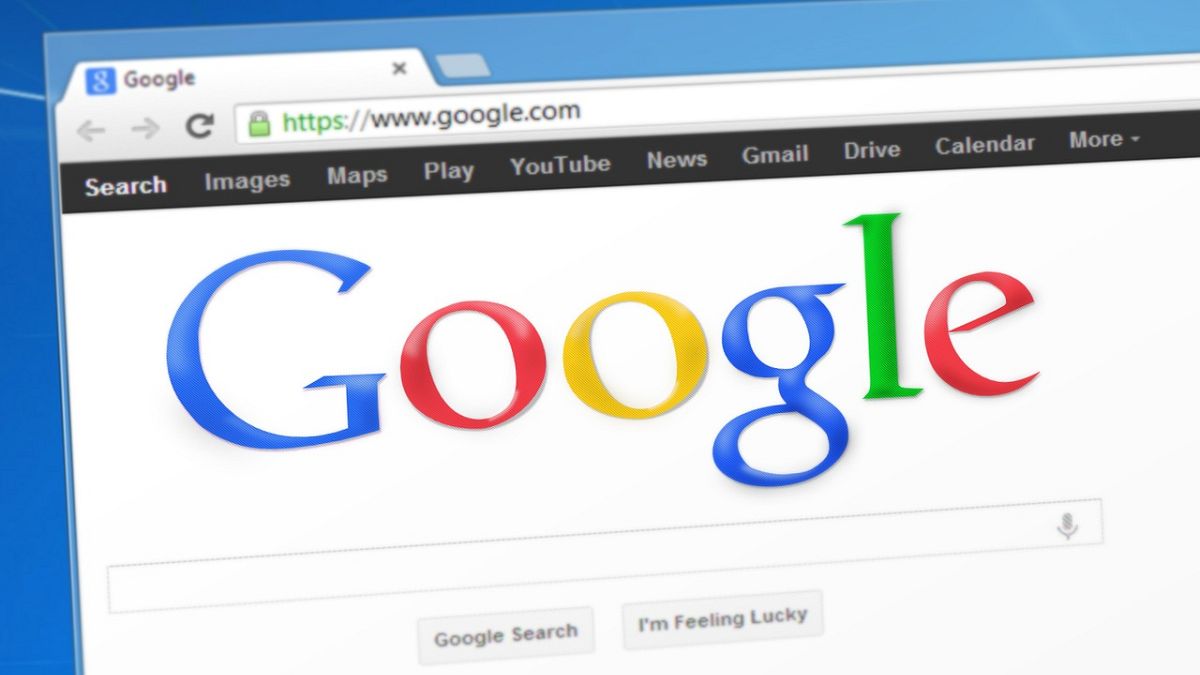#news-publishers
#news-publishers
[ follow ]
#google #ai-overviews #google-search #digital-markets-act #antitrust #facebook #meta-verified #google-discover
fromPCMAG
1 week agoAI Is Still Hammering News Sites, Google Search and Social Referrals Plunge
The firm's analysis of traffic metrics from 2,756 news sites around the world, 797 in the US, shows a painfully steep drop in Google search traffic over the last year: 33% worldwide and 38% in the US. Much of that drop, especially outside the US, happened after Google began rolling out AI Overview search results that provide a software-generated, multi-paragraph answer, in which you often have to click additional times to see links to the sources Google drew on for that reply.
Tech industry
Marketing tech
fromSearch Engine Roundtable
3 weeks agoSome News Publishers Took A Big Hit With The Google Core Update
The Google December 2025 broad core update caused significant search visibility volatility, heavily impacting many news publishers across countries, including large declines and surges.
fromDigiday
1 month agoNewsweek is building an AI Mode-like experience to customize homepages for readers
The goal is to create a more conversational, AI-driven homepage that will function more like a utility for users, boosting time spent on-site and helping counter the drop in search referrals, according to Bharat Krish, chief product officer at Newsweek. The homepage will be designed to be customized to each user, not just those logged into the site. Visitors will be greeted with local weather, a news briefing summary and stocks, based on their geolocation. The homepage is still in development and likely won't be ready until next spring at the earliest, Krish said. Newsweek is currently conducting audience research on it. ("We don't want to assume that [this is] what everybody wants," he said.)
Artificial intelligence
fromwww.dw.com
2 months agoEU launches Google probe over news site suppression claim DW 11/13/2025
The European Commission on Thursday said it was launching a new investigation into US-based search engine Google amid accusations that the company buries some news sites in its search results as spam. The EU's case revolves around media outlets that include content from commercial partners, for example sponsored editorials. Google is once again facing the EU's Digital Markets Act (DMA) that regulates online competition in the 27-member bloc.
Miscellaneous
fromwww.theguardian.com
2 months agoMeta could face millions in fines for not signing content deals in Australia
Meta and other tech companies refusing to sign content deals with Australian news outlets face millions in new fines, with Labor's proposed media bargaining incentive set to impose penalties based on the local revenue of major platforms. Large social media and search platforms with Australian-derived revenue of at least $250m will be subject to the new rules, irrespective of whether they carry news content, according to new detail released by the assistant treasurer, Daniel Mulino.
World news
fromNieman Lab
2 months agoHundreds of thousands of videos from news publishers like The New York Times and Vox were used to train AI models
Last month, The Atlantic dropped the latest investigation in its ongoing series on generative AI training data sets. Staff writer Alex Reisner found that at least 15 million YouTube videos had been used for training data by major technology companies, either for research or, in some cases, to build AI video products.
Artificial intelligence
Intellectual property law
fromBusiness Insider
3 months agoA wave of patent lawsuits is hitting big news publishers, including Gannett and The Guardian
Rich Media Club LLC has sued major news publishers alleging patent infringement over online ad tools, risking legal costs exceeding $1 million per defendant.
fromSearch Engine Roundtable
6 months agoSimilarweb Says No Clicks From Google Grew From 56% to 69% Since AI Overviews
Since the launch of Google AI Overviews in May 2024, zero-click search grew by 13 percentage points, reaching 69% in May 2025, while organic traffic to news sites declined significantly.
Digital life
Media industry
fromDigiday
8 months agoMedia Briefing: Economic uncertainty and brand safety jitters shadow publishers' pitch at NewFronts
News publishers are urging marketers to invest more ad dollars at IAB NewFronts amid ongoing challenges.
Advertisers remain hesitant to allocate budgets towards news despite its importance.
[ Load more ]








